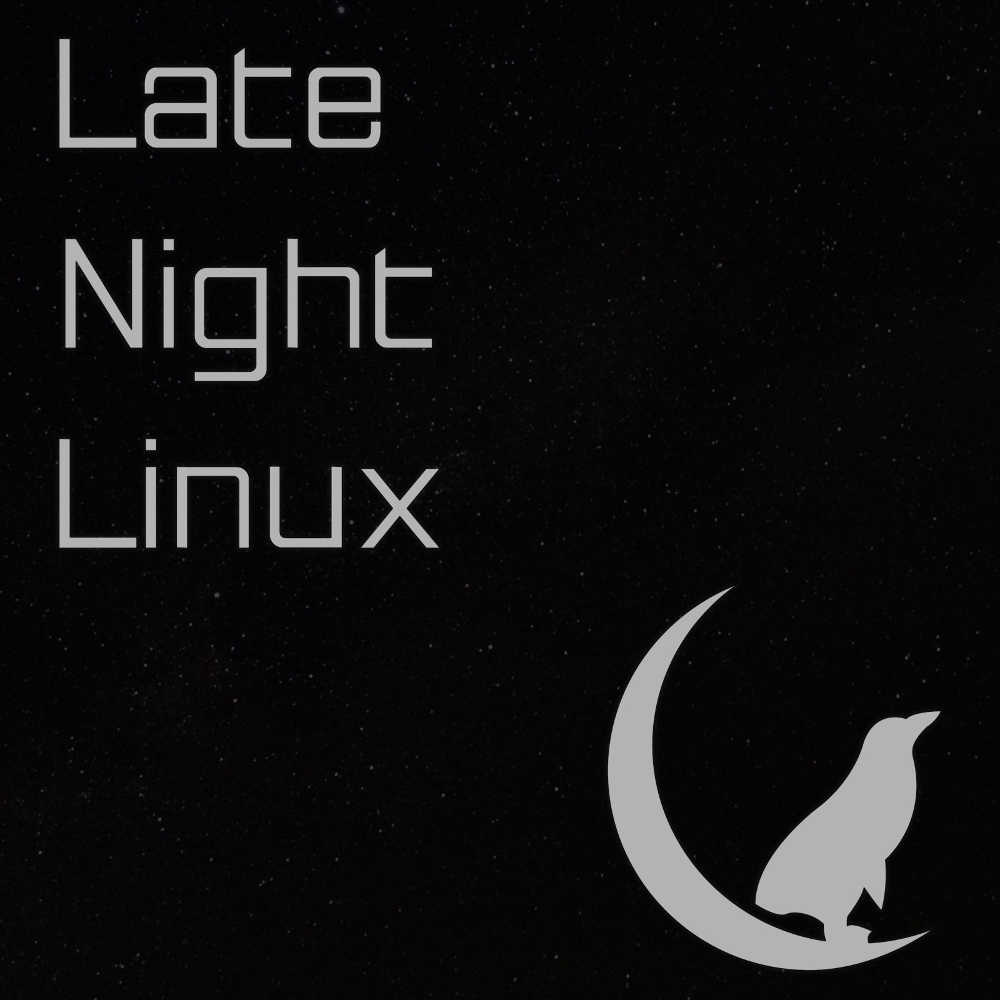
 Late Night Linux
Late Night Linux Late Night Linux – Episode 310
7 snips
Dec 3, 2024 The hosts take a skeptical look at GitHub's new security fund for open source while praising FreeCAD 1.0's release. They also discuss the arrival of elementary OS 8 and a new router designed specifically for OpenWrt. In a surprising twist, a host begins to embrace atomic distros, driven by KDE. Humor intertwines with serious tech discussions, covering topics from Raspberry Pi's latest offering to the ongoing Bcachefs drama. Expect a fun blend of cynicism and excitement about Linux's evolving landscape!
AI Snips
Chapters
Transcript
Episode notes
Wi-Fi Woes Resolved
- Joe resolved his Apple device Wi-Fi issues.
- The culprit was his router, not differences between houses.
GitHub's Security Washing
- GitHub's $1.25 million Secure Open Source Fund is a start, but insufficient.
- It's seen as performative rather than impactful given their vast resources.
FreeCAD 1.0 Released
- FreeCAD 1.0, after 22 years, is a major milestone for open-source CAD.
- While functional, it lacks the polish and convenient features of Autodesk.

